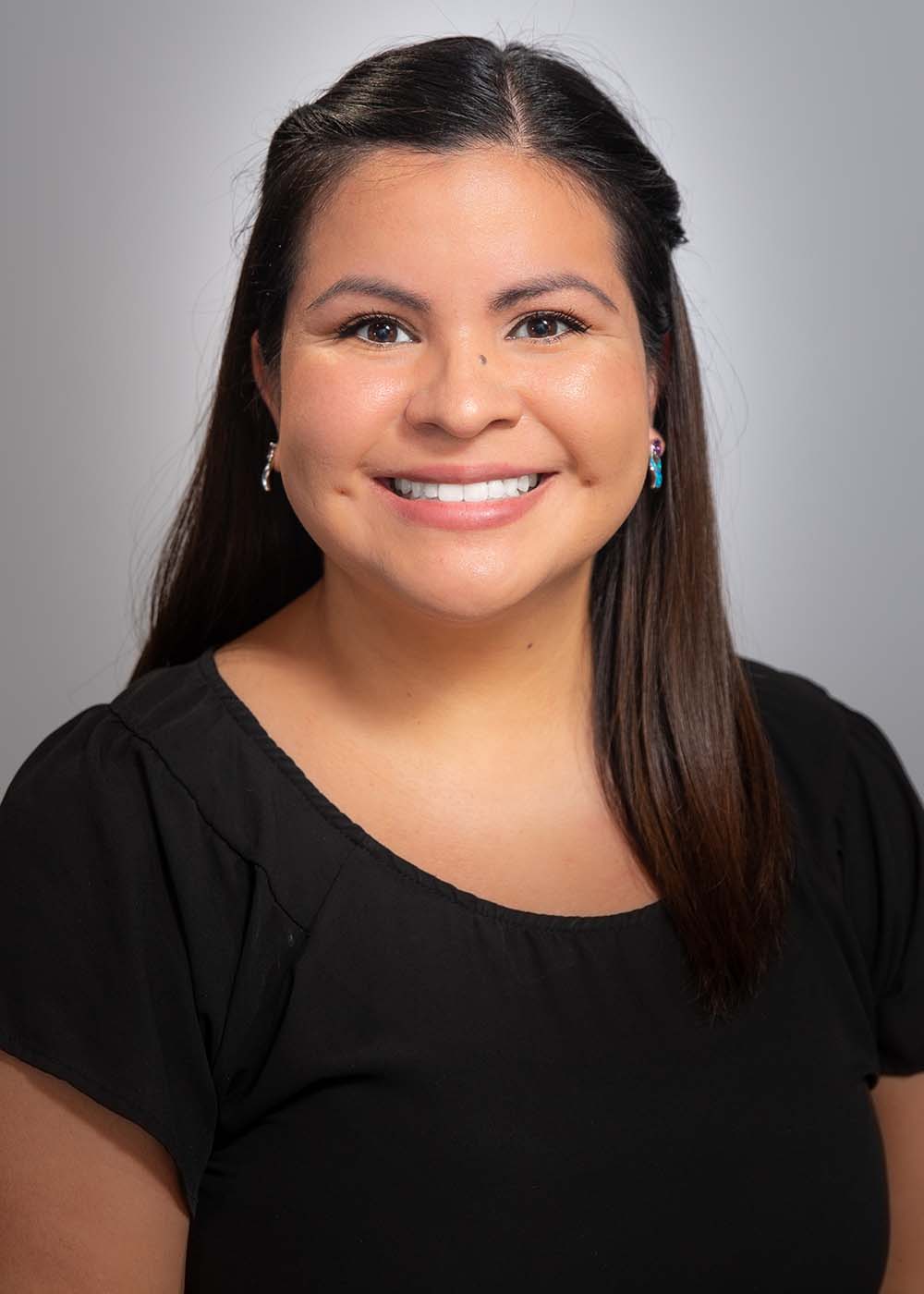National Nurses Week (May 6-12), which honors and celebrates nurses, was established in 1994 as a permanent celebration by the American Nursing Association
While it overlaps with many historic days of recognition for nurses, it closes on May 12 – International Nurse Day and the birthday of Florence Nightingale, often credited with creating the foundation of the modern nursing profession.
She was a versatile nurse, researcher and teacher, who throughout her life used data and discovery to understand how to improve health care, advocate for hospital reforms and empower others to pursue nursing. Nightingale’s legacy informs the variety of roles nurses play today, from providing patient care to studying how to improve that care; from empowering future nurses through education to political advocacy to improve the health care system.
And just as Nightingale did in the mid-1800s, nurse researchers at The University of New Mexico College of Nursing use data and research to understand how to better care for communities in five areas: women’s and children’s health, military health, disasters and public health, big data and toxicity and heavy metals.
This research has a direct impact on the communities the College of Nursing serves, from better understanding the impact of COVID-19 on hospitals to improving the resiliency of the military nurses caring for veterans and service members.
Melody Avila, DNP, RN, FNP-C, an assistant professor and family nurse practitioner in the College, is researching the community-oriented services offered by UNM’s ADOBE Program, which works with youth who have been incarcerated through the Bernalillo County Youth Services Program.
The program addresses physical and mental health, provides legal advice and supports social needs, such as housing and food. It also offers assistance in navigating educational and personal goals. Each participant and their family receive individualized resources to address their specific needs and goals, whether it is a therapy session, a dental exam, assistance in earning a high school equivalency diploma or help applying to obtain new housing or social services, such as food assistance.
ADOBE provides medical and mental health services in one location, so young people can access primary care and psychiatric care in one appointment.

Mental health and behavioral health services and wraparound services are an essential part of primary care for youth and families of New Mexico, we need these services to be accessible for youth and families in New Mexico to make it healthier and improve the well-being of everybody in our community.
“Mental health and behavioral health services and wraparound services are an essential part of primary care for youth and families of New Mexico,” Avila said. “We need these services to be accessible for youth and families in New Mexico to make it healthier and improve the well-being of everybody in our community.”
As part of a pilot project, Avila is studying the impact this individualized care has on both kids and their families. She’s also working to understand which factors make it easier or more difficult to access services at ADOBE, such as access to the internet or transportation.
Avila and the researchers and providers at ADOBE want to learn how ADOBE services can mitigate adverse childhood experiences – the traumatic events that may occur before the age of 18.
These experiences have been proven to increase negative outcomes in adulthood, such as poor physical and mental health, substance use and risky behaviors. Examples of adverse childhood experiences include abuse, neglect, parental substance use, incarceration and divorce – adversities that affect parents and siblings as well.
“Many factors that contribute to mental health concerns in a child impact everyone in the household,” Avila said. “A good comparison is healthy eating. You can’t tell a 10-year-old to eat fruits and vegetables if that’s not what they’re cooking for the family. When we look at mental health, we need to move away from treating the patient to treating the entire family.”
In understanding what makes services accessible or inaccessible, service providers can work to focus staff and funding on the services that are the most beneficial for the youth accessing ADOBE services and their families.
And, once researchers know what’s most helpful for families, their findings can inform others working with children who have experienced trauma and assist in developing similar programs across New Mexico.
